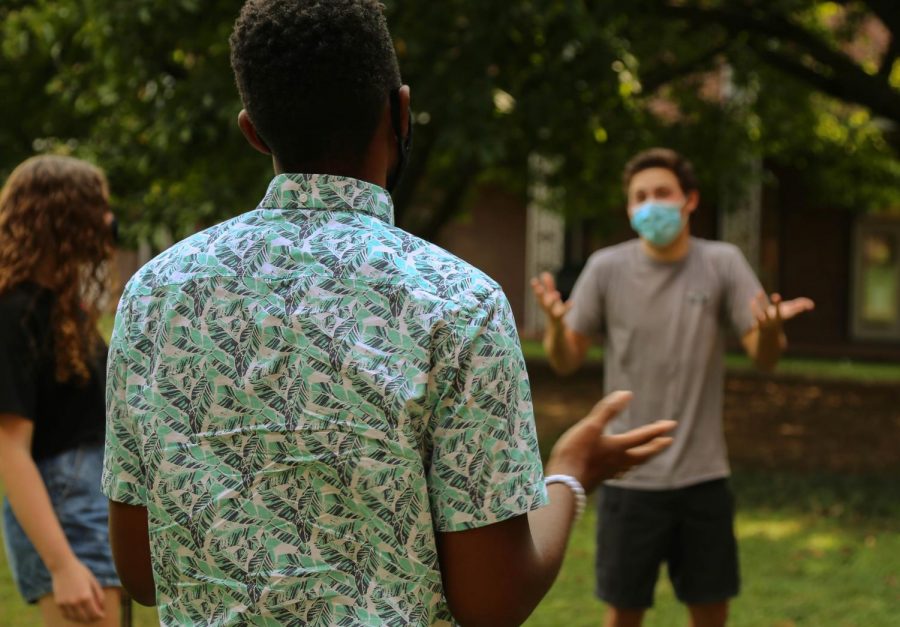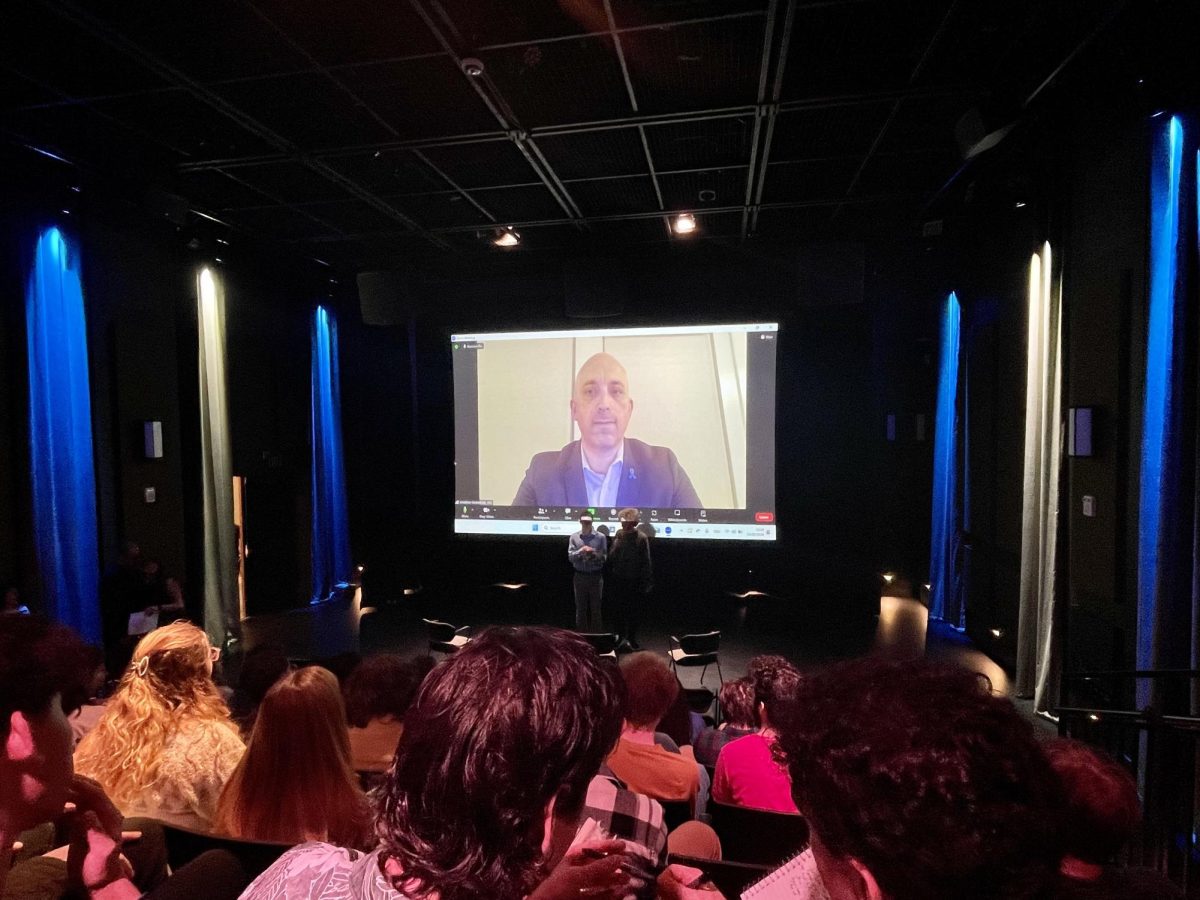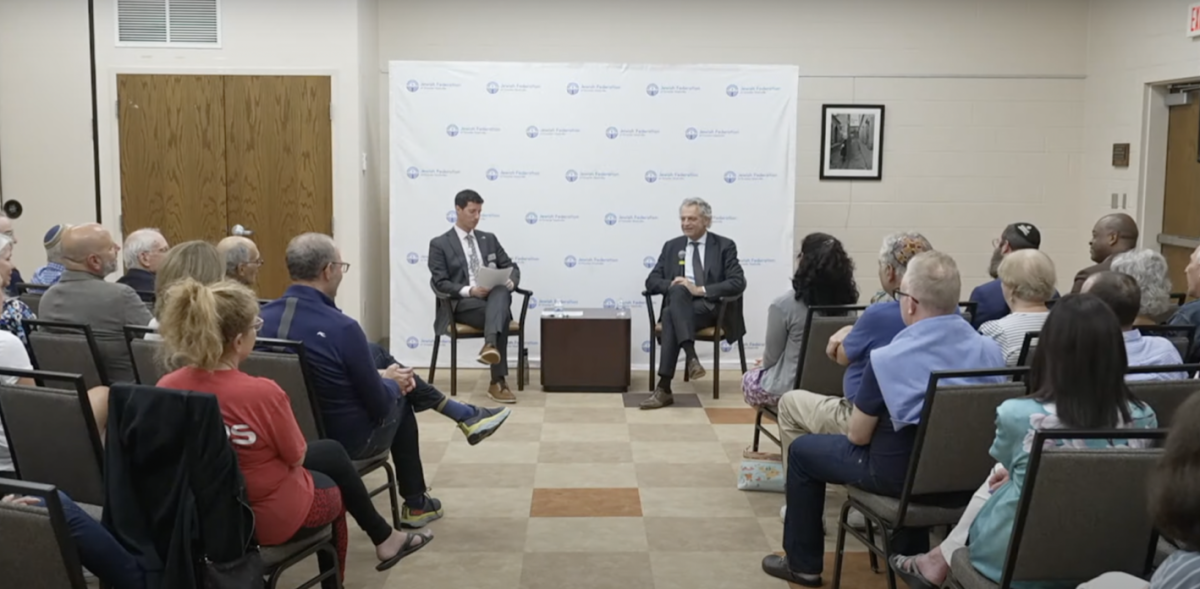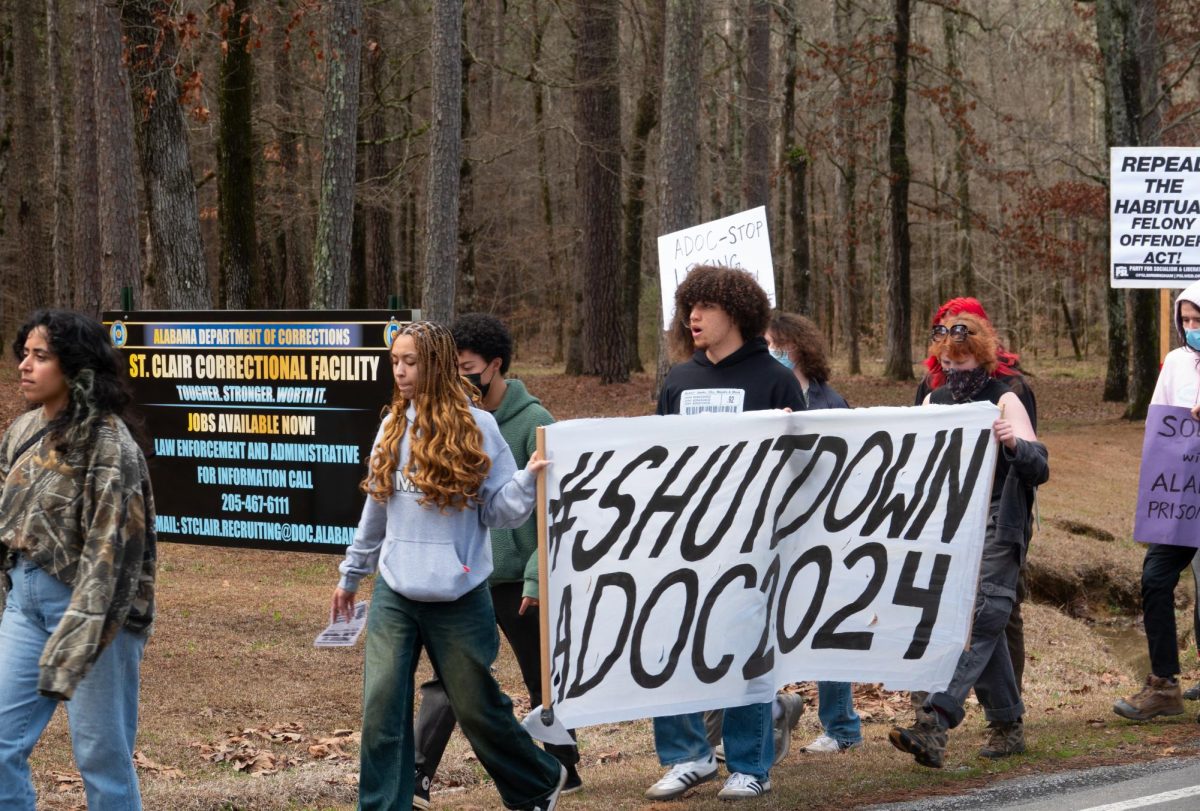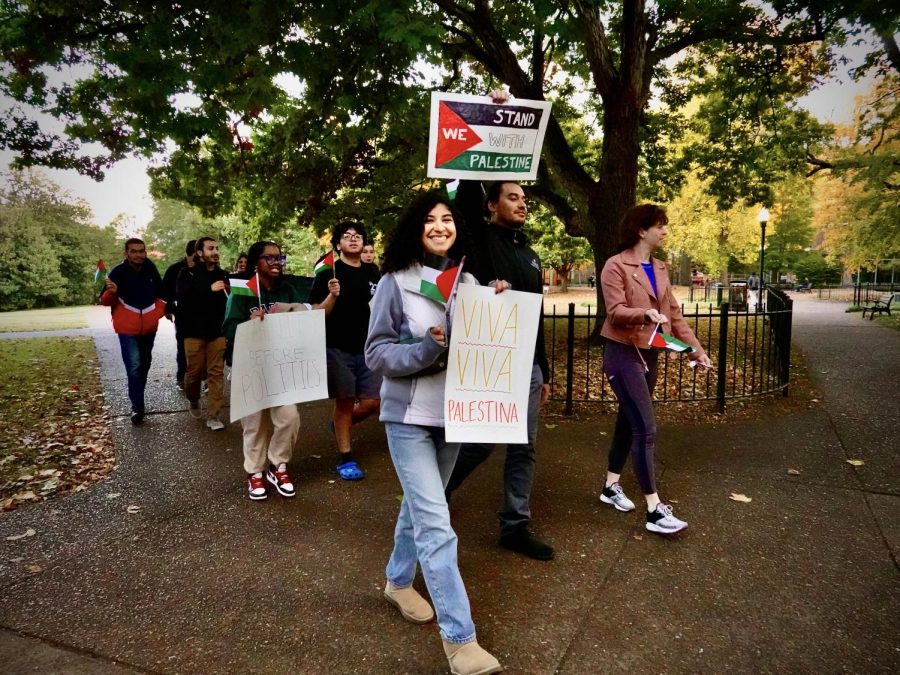Editor’s note: This piece discusses antisemitic and anti-Arab comments posted online that may be offensive to some readers.
In recent weeks, the global community has grappled with spikes in both anti-Israeli/anti-Palestinian sentiment following an uphill trend in violence between the State of Israel and the State of Palestine. In the midst of the deaths and injuries that resulted, a flurry of political discussions took social media by storm, revving internet users from all corners of the world to take sides—as if one side is completely in the “right” or “wrong.”
As an individual with no Israeli-Palestinian ties and a rudimentary understanding of the decades-long conflict, I sit on the sidelines eager to learn and absorb all that I can. However, I am filled with disgust at the sheer amount of ignorance and delusion. By using nationality in the critique of a government’s actions, we are participating in the undergirding of biases and false equivalences that create perpetual cycles of hostilities and oppression. To best demonstrate the argument that I pose, let’s take a look at this tweet written on June 25, 2021:
“48 hours left before the Israelis besiege Silwan & ethnically-cleanse al-Bustan before moving onto the next. We must stop this #SaveSilwan.”
This Tweet is among the masses in the ceaseless Twitter vacuum that propel such dangerous rhetoric—more so than others, since its author has a large following. Irrespective of the validity and accuracy of the tweet, the inherent issue with this assertion lies in the word “Israelis.” To neglect the usage of a more specific term like “Israeli forces” bolsters an inherent bias that all Israelis support ethnic cleansings. The tweet extrapolates the actions of a small sect of Israelis and applies them to an entire population of people. Dangerous rhetoric retains strength in numbers.
Given the speed and rate at which information spreads on social media, public opinion can quickly generate hatred and resentment. Take a look at these examples from Twitter:
“The settlers are attacking Palestinians, the Israelis are shooting rubber bullets inside the Palestinian hopes right now in #SheikhJarrah. LOOK AT THEIR BRUTALITY!”
“Israelis chant for our death, while we chant for our freedom, So (sic) who of us is the terrorist or extremist? This is Zionism! #IsraelApartheidstate.”
“Palestinians are so serious about peace that they’re willing to murder as many Jews as possible in order to achieve it.”
“Israelis literally respond to rocks by shooting children.”
Israelis like to build. Arabs like to bomb crap and live in open sewage. This is not a difficult issue. #settlementsrock”
In these examples, self-proclaimed Middle East “experts” outrageously use out-of-context video clips or news sources to support an overly simplistic outlook on an entire nation of people. Moreover, these Twitter users fail to provide more in-depth context for the egregious claims they perpetuate. This is especially true for the last tweet written by Ben Shapiro, a popular conservative political commentator. Rather than saving his criticism for the perpetrators of the violence erupting in the Middle East, Shapiro thoughtlessly dispenses his criticism towards all “Arabs.”
We can see that decrying a collective group of people perpetuates a gross oversimplification of the actualities. Social media platforms like Twitter cater to the simplification of complex topics by condensing them into up to 280 measly characters. Both conservative commentators, liberal pundits, influencers, and celebrities attempt to vaguely weigh in on nuanced issues which only continues to stoke the flames.
As a proud Asian-American with Chinese heritage, I recognize just how xenophobic and despicable poor language can be. Similarly, to declare that “the Israelis did this” or “the Palestinians did that” runs the same inherent risk of misrepresenting a group of people for arbitrary falsehoods.
We all find ourselves falling into the habit of using national origin in lieu of the government in everyday conversations on politics. We as Americans have subscribed to these tendencies from day one. From sentences like “the Japs bombed the Americans during WWII” to “the Americans constantly steal oil from the Middle East,” our habit of directly correlating nation to nationality is a perilous habit to maintain since it only pits people against people. Perhaps the most foot-in-mouth politician we’ve all come to learn and love would be former president Donald Trump, who propelled divisive phrases like “kung flu” or the “Chinese virus” at the height of the COVID-19 pandemic.
How can we engage in mature conversations that do not consign a group of people on faulty notions? When immersed in political discourse, I implore you to be cognizant whenever attributing specific actions or traits to a collective. Specify that they are Israeli forces, the Israeli government, the Palestinian Authority, or Palestinian insurgents. Never attribute them to the millions of Palestinians or Israelis who are compassionate, understanding, empathetic, and considerate.
An age-old saying declares that sticks and stones may break bones, but words can never hurt. I beg to differ.
As students, scholars, and leaders, I encourage the Vanderbilt community to discuss tough topics with respect, curiosity, and open-mindedness. To avoid overgeneralization and simplification, do your due diligence with your research. Always choose your words carefully when sharing your opinion with others. After all, knowledgeability triumphs all the black squares people post for #BLM. Only through using respectful, courteous, and civilized language can we break the mold ingrained into us that divides and vanquishes our community.











